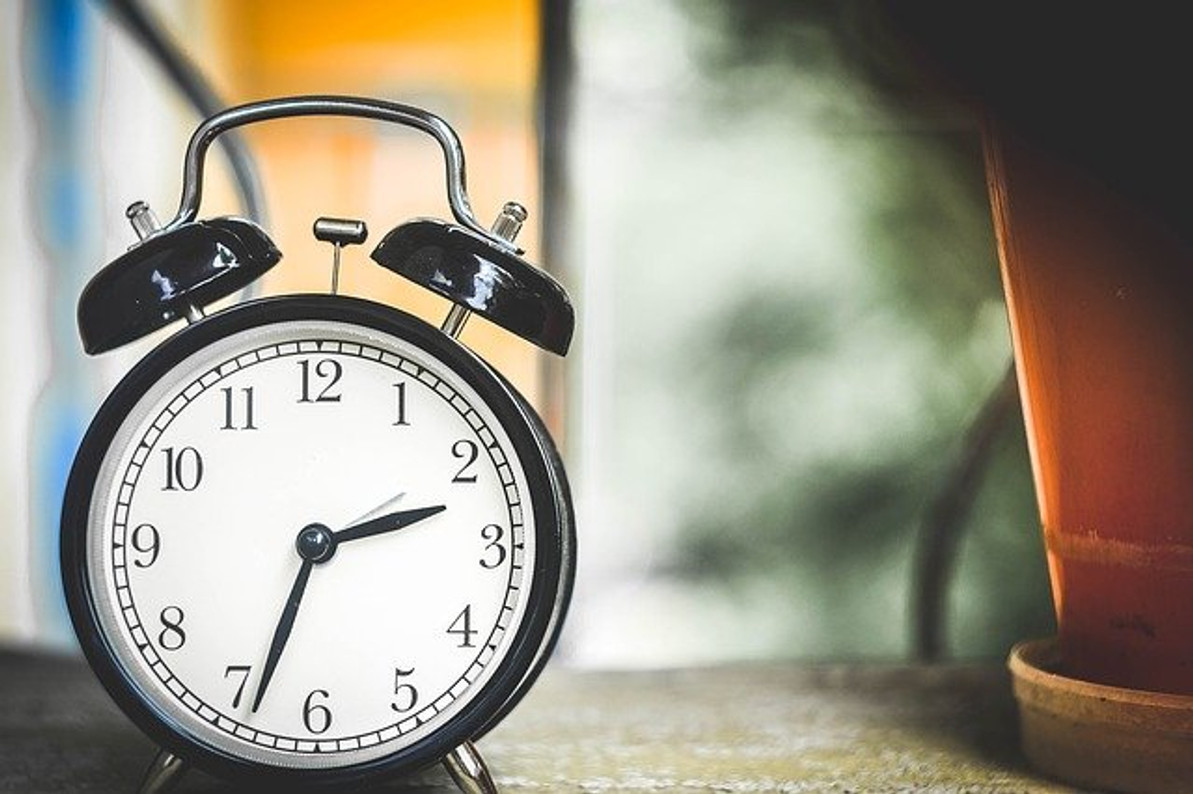The Link Between Sleep and Exercise Recovery
How much time do you spend exercising in a typical week? It's estimated that only one in five U.S. adults spend a sufficient amount of time exercising. Even if you meet the U.S. Centers for Disease Control and Prevention's (CDC's) exercise guidelines -- 75 to 150 minutes of weekly aerobic exercise -- you'll still need to let your body recovery. There's a strong connection between sleep and exercise recovery. If you have poor sleeping habits, you may not recover as quickly.
What Is Exercise Recovery?
To better understand the link between sleep and exercise recovery, you must familiarize yourself with the definition of the latter term. Exercise recovery is what happens to your body after you exercise. Exercise can take a physical toll on your body, which isn't necessarily a bad thing. On the contrary, it encourages the development of bigger and stronger muscles.
When you exercise, your muscles will be exposed to physical stress. This stress can cause some of the fibers within your muscles to break down. Fortunately, our bodies are quite capable of repairing damaged muscle fibers. Your body will respond to this stress by repairing the damaged muscle fibers. These biological repairs occur in the hours and days following an exercise session, a period that's known as exercise recovery.
Why Sleep Is Important for Exercise Recovery
Failure to get enough sleep can make it difficult for your body to repair damaged muscle fibers. While sleeping, your body will allocate more resources to these repair processes. It will divert energy and nutrients to your damaged muscle fibers so that you recover more quickly.
The problem, of course, is that many people don't get enough sleep. They may spend three or four hours a week exercise, but without a sufficient amount of sleep, they don't quickly recover from exercising. If you fall under this category, you can expect a longer recovery time after exercising.
If you struggle to get a sufficient amount of sleep after exercising, consider the following tips:
- Turn off all lights in your bedroom.
- Regulate the temperature to achieve a comfortable sleeping environment.
- Lie down about 20 to 30 minutes before you intend to fall asleep.
- Avoid drinking caffeinated beverages for at least a few hours before going to bed.
- Follow a schedule that involves going to bed at or near the same time each night.
- Relax and unwind in the evening.
Recent Posts
-
Fire Safety in the Workplace: What You Need to Know
What steps are you taking to prevent fires in your workplace? According to the U.S. Occupational Saf …Aug 23rd 2023 -
Is It Safe to Go Jogging With a Cold Infection?
If you're suffering from a cold infection, you might be wondering whether it's safe to go jogging. T …Aug 22nd 2023 -
5 Safety Tips to Follow When Using a Powder-Actuated Tool
Powder-actuated tools are commonly used to join materials to steel and concrete. Also known as Hilti …Aug 20th 2023




